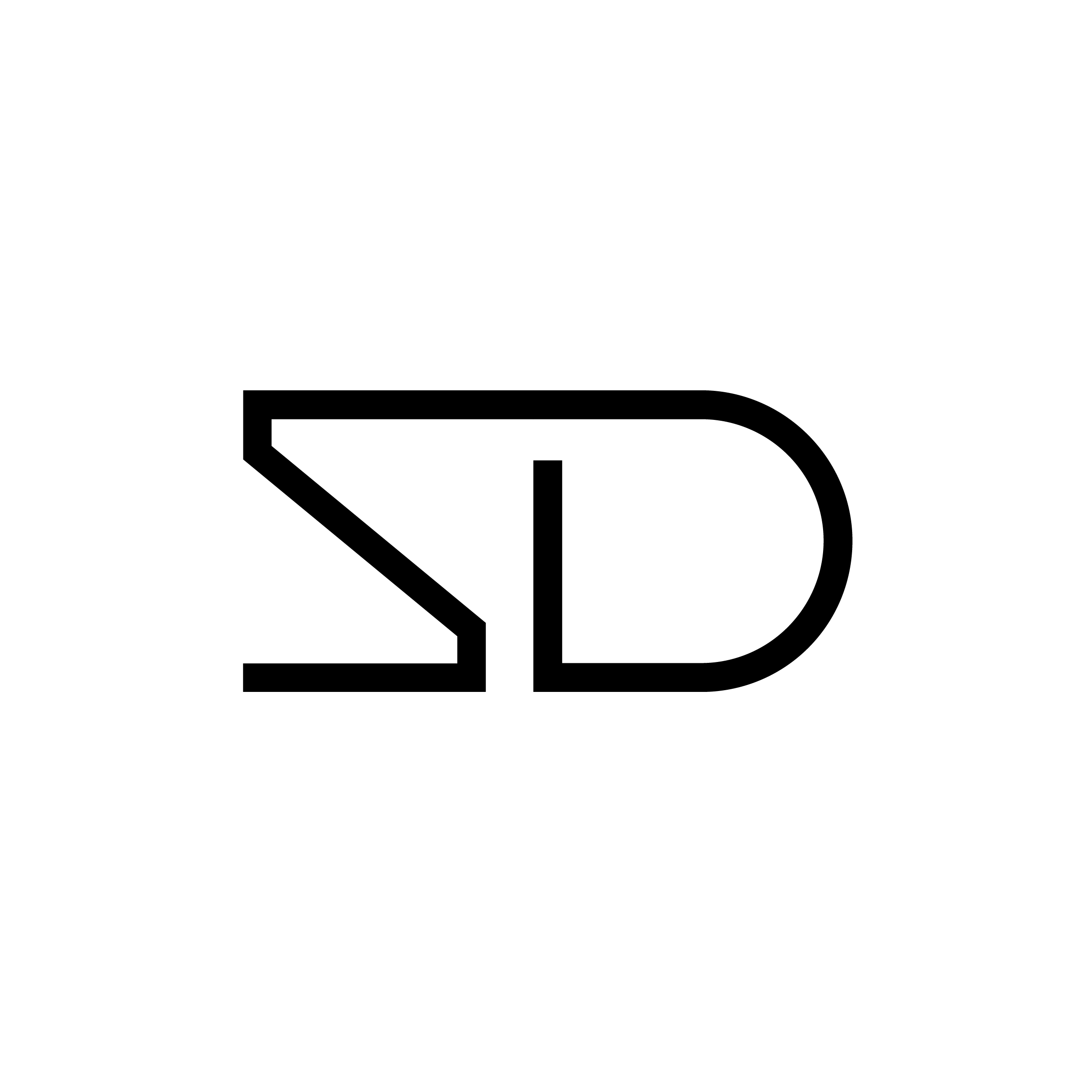Spotlight On: Arda's Leather Alternative from UK Beer Waste
At Scarlet Destiny, sustainability isn’t a trend, it’s the blueprint. It shapes every aspect of how we show up in fashion and culture, from how we source our materials to the stories we choose to spotlight. Our monthly 'Spotlight On' series champions brands, makers, and ideas reshaping the industry from the inside out; those who dare to dream bigger, rethink resources, and build for long-term regeneration. This month, we’re thrilled to introduce you to a standout innovator we recently connected with at a sustainability event: Arda Biomaterials, the London-based startup turning beer waste into leather. Yes, really.
From Pints to Prototypes: What Is Arda?
Arda Biomaterials is tackling two environmental headaches in one go: the impact of leather and the scale of food industry waste. Their solution? A biodegradable, plastic- and animal-free leather alternative made from spent grain, a byproduct of beer brewing. And it’s not just an idea, it’s already in motion. Through partnerships with leading UK institutions like Queen Mary University of London and King’s College London, Arda has developed a process that extracts proteins from this brewing waste and transforms them into a next-gen material with serious potential.
We first met one of Arda’s co-founders, Brett Cotten, at Fashion District Festival back in June 2025 and were instantly captivated by the concept. Here was a company not just innovating, but regenerating. Creating value from waste. Connecting local industries. Honouring nature. All themes that speak deeply to Scarlet Destiny’s core.
Why Leather Needs a Rethink
Traditional leather might be luxurious, but it’s far from sustainable. From carbon-intensive animal agriculture (which contributes more than 14% of global CO₂ emissions) to toxic tannery chemicals and water-intensive production, leather is one of the fashion industry’s most resource-hungry materials.
Arda’s solution is radically lighter on the planet. According to their data, their material has just 2% of the carbon footprint of conventional leather. It’s biodegradable, doesn’t leach microplastics, and bypasses the cruelty and pollution of both animal and synthetic leather production. In a market set to exceed $130 billion by 2030, the demand for sustainable leather alternatives is skyrocketing, and Arda sits right at the forefront of this shift.
Circular Design, Local Roots
What makes Arda especially exciting is how grounded it is in local, circular thinking. By sourcing their raw material, spent grain, from UK breweries, they’re supporting local businesses while eliminating waste at the source. Their model also opens doors for onshored manufacturing and job creation, pushing back against the extractive, globalised systems that dominate much of the fashion industry today.
Their first products are already making waves:
- A showpiece bag in collaboration with sustainable accessories brand BEEN London
- A run of wallets made with the cult-favourite craft beer brand Beavertown Brewer
It's early days, but the message is clear: this isn’t just an experiment, it’s a blueprint for the future of leather accessories.
What’s Next for Arda?
Despite these exciting early partnerships, Arda is still in the R&D phase. When we spoke to co-founder Brett Cotten, he was candid about where they are: not yet ready to scale or supply designers at volume. And that’s okay. True innovation takes time. The fashion industry doesn’t need another rushed rollout — it needs thoughtful, science-backed solutions with staying power. Arda is laying that foundation, piece by piece.
Fuelled by Science and Support
Thanks to funding from UKRI’s Sustainable Bio-based Materials and Manufacture programme (via Innovate UK, the BBSRC and EPSRC), Arda was able to scale up R&D, hire more scientists, and access cutting-edge expertise. It’s a great reminder of what’s possible when innovation is matched by investment, a powerful case for public-private collaboration to solve some of fashion’s biggest challenges.
At Scarlet Destiny, we believe fashion should honour both people and planet and Arda Biomaterials embodies that belief in every stage of their process. Like us, they’re building a slower, smarter, more intentional future for fashion, one that doesn’t rely on extraction, waste, or endless production. That’s why we’re so excited to spotlight them this month. They’re not just disrupting leather, they’re reimagining what materials can be, and in doing so, showing us that radical change often starts with something small. Like a leftover pile of grain. Or an idea at a community event.
Toward a Regenerative Future
Now is the time to reimagine manufacturing together. As the UK pushes toward climate targets and shifts its industries for a low-carbon future, innovations like Arda’s are a vital part of that transition.
Materials and manufacturing shape the culture we live in. When we choose regenerative alternatives, when we support small-scale makers, when we demand transparency, we’re not just changing fashion. We’re changing the story. Here’s to many more brands like Arda, and to a future stitched together with ingenuity, courage, and care.
Sources: fashionunited.co.uk, iuk-business-connect.org.uk and vegconomist.com
Featured image sourced on canva.com

0 Comments
There are no comments yet. Be the first one to post one!